Top 10 social impact startups in India that are driving positive change through innovative solutions. Learn about leading companies like SELCO India, Goonj, Agastya International Foundation, Embrace Innovations, LabourNet, Rang De, Sarvajal, Barefoot College, Frontier Markets, and Haqdarshak, which are addressing critical social issues across education, healthcare, renewable energy, financial inclusion, and rural development. India is witnessing a remarkable surge in social impact startups that aim to address pressing social issues and create positive change. These startups are leveraging innovative solutions to tackle challenges in areas such as education, healthcare, sustainability, and economic empowerment. Here are ten notable social impact startups in India making significant strides in their respective fields.
1. SELCO India
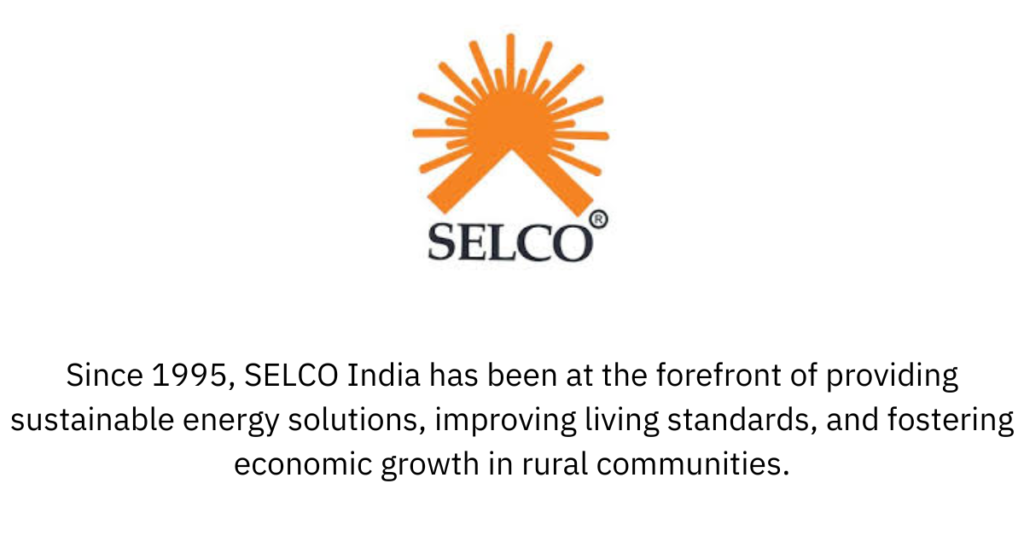
SELCO India provides sustainable energy solutions to underserved communities. By deploying solar energy systems, SELCO aims to improve the quality of life and economic prospects of rural populations.
| ASPECT | DETAILS |
|---|---|
| Founded | 1995 |
| Headquarters | Bengaluru |
| Services | Solar energy systems |
| Key Features | Sustainable solutions, rural focus |
| Website | selco-india.com |
2. Agastya International Foundation
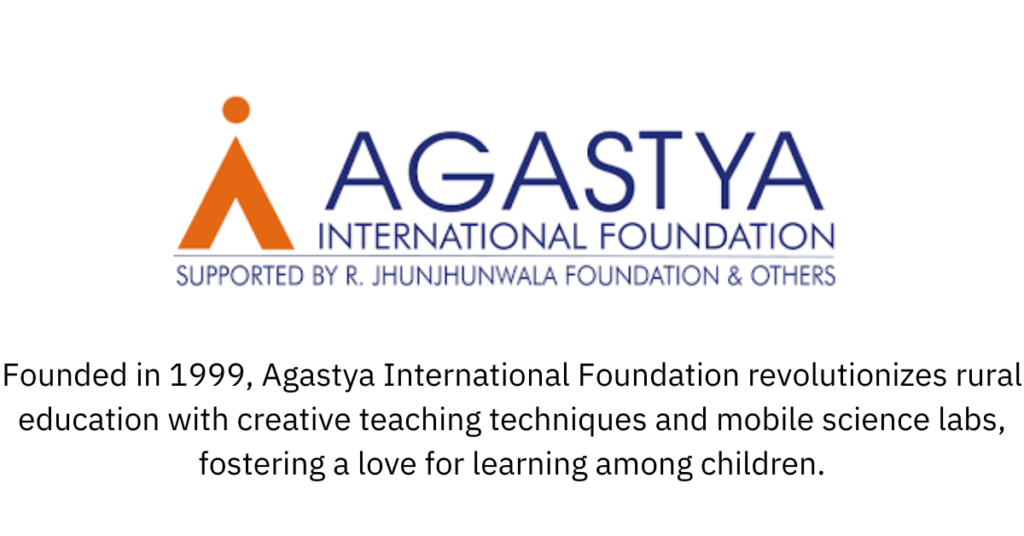
Agastya International Foundation is dedicated to transforming education in rural India. Through innovative teaching methods and mobile science labs, it enhances creativity and critical thinking among children.
| ASPECT | DETAILS |
|---|---|
| Founded | 1999 |
| Headquarters | Bengaluru |
| Services | Educational programs, mobile science labs |
| Key Features | Innovative teaching, rural education |
| Website | agastya.org |
3. Goonj
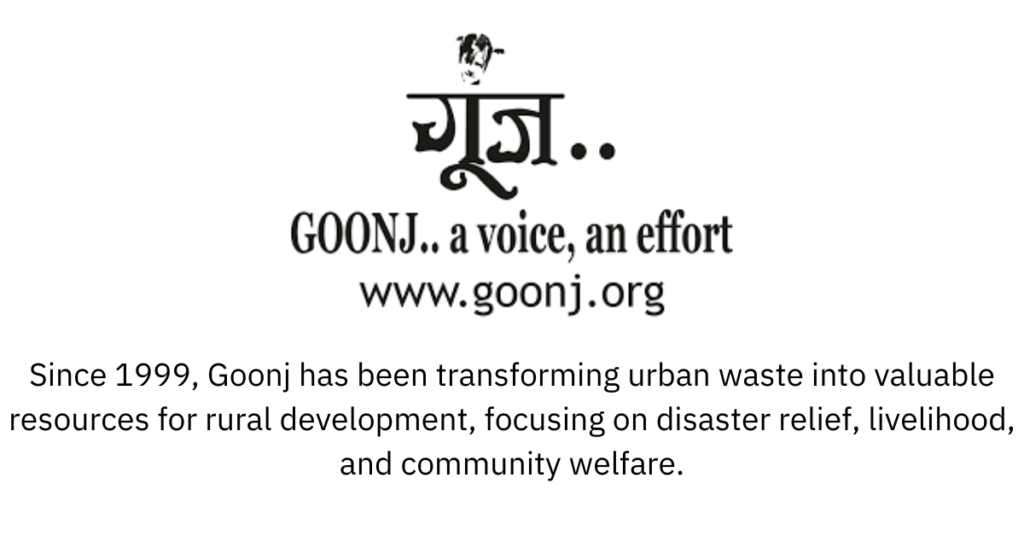
Goonj addresses urban-rural divides by repurposing urban waste into resources for rural development. Its initiatives include disaster relief, rural livelihood programs, and community welfare projects.
| ASPECT | DETAILS |
|---|---|
| Founded | 1999 |
| Headquarters | New Delhi |
| Services | Disaster relief, rural livelihood, community welfare |
| Key Features | Repurposing urban waste, holistic development |
| Website | goonj.org |
4. Rang De
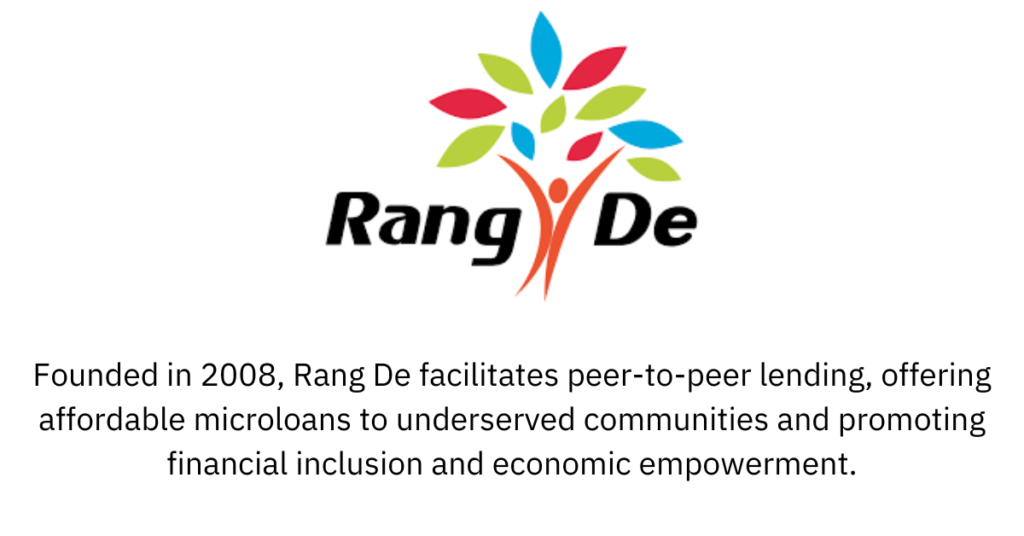
Rang De is a peer-to-peer lending platform that connects urban lenders with rural borrowers. It provides affordable microloans to underserved communities, promoting financial inclusion and economic empowerment.
| ASPECT | DETAILS |
|---|---|
| Founded | 2008 |
| Headquarters | Bengaluru |
| Services | Microloans, financial inclusion |
| Key Features | Peer-to-peer lending, economic empowerment |
| Website | rangde.in |
5. LabourNet
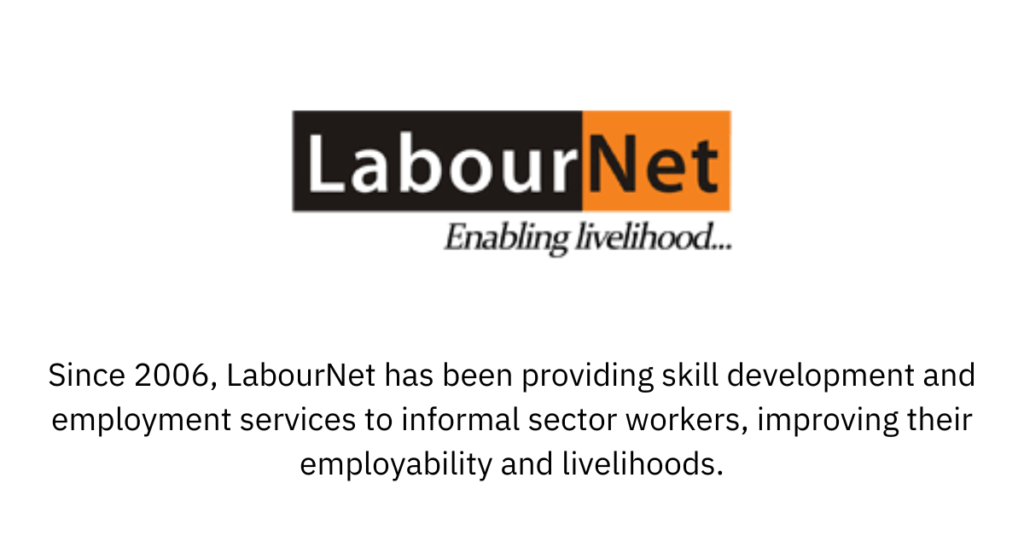
LabourNet provides skill development and employment services to informal sector workers. It offers training, certification, and job placement, enhancing the employability and livelihoods of low-income individuals.
| ASPECT | DETAILS |
|---|---|
| Founded | 2006 |
| Headquarters | Bengaluru |
| Services | Skill development, employment services |
| Key Features | Training, certification, job placement |
| Website | labournet.in |
6. Saahas Zero Waste
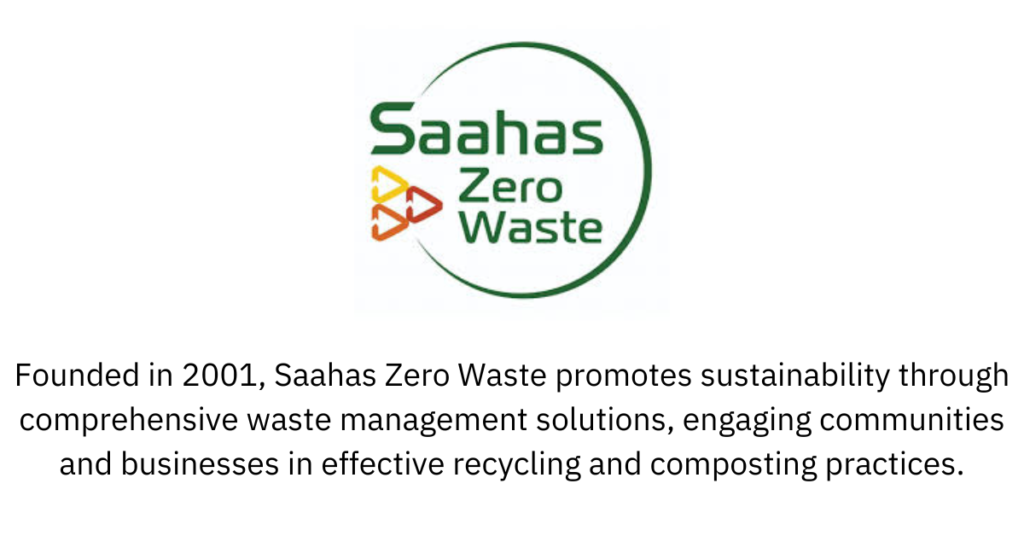
Saahas Zero Waste offers waste management solutions that promote recycling and sustainability. It works with communities and businesses to implement effective waste segregation, recycling, and composting practices.
| ASPECT | DETAILS |
|---|---|
| Founded | 2001 |
| Headquarters | Bengaluru |
| Services | Waste management, recycling, composting |
| Key Features | Sustainability, community engagement |
| Website | saahaszerowaste.com |
7. Araku Coffee
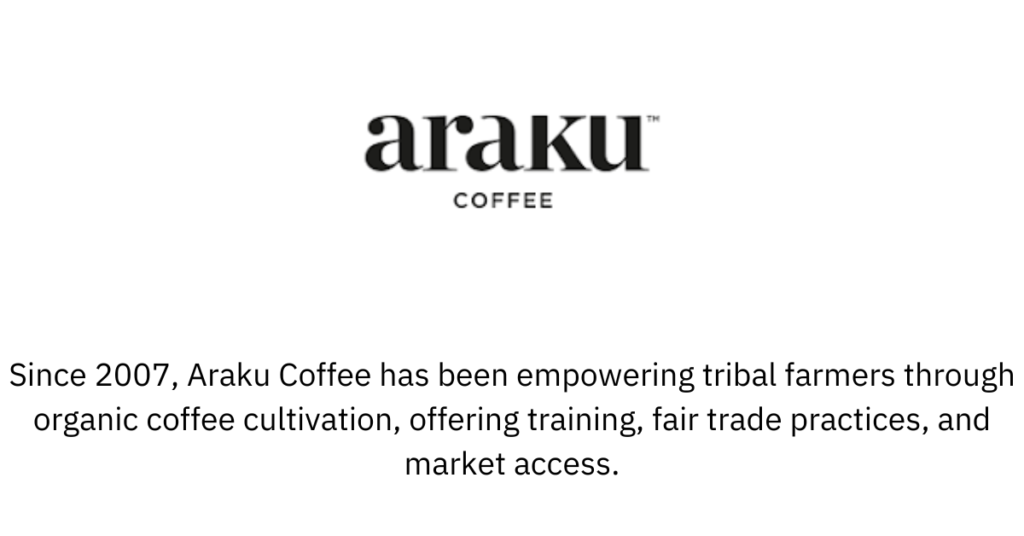
Araku Coffee is a social enterprise that empowers tribal farmers in the Araku Valley by promoting organic coffee cultivation. It provides training, fair trade practices, and market access, improving livelihoods.
| ASPECT | DETAILS |
|---|---|
| Founded | 2007 |
| Headquarters | Hyderabad |
| Services | Organic coffee cultivation, fair trade |
| Key Features | Farmer empowerment, sustainable practices |
| Website | arakucoffee.in |
8. Pollinate Group
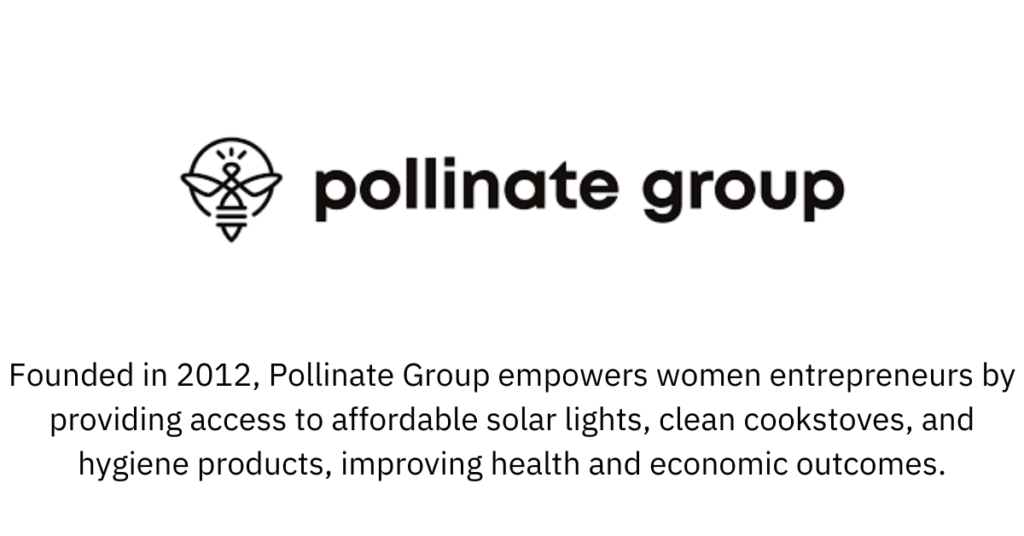
Pollinate Group focuses on empowering women entrepreneurs in underserved communities by providing them with access to affordable solar lights, clean cookstoves, and hygiene products, thereby improving health and economic outcomes.
| ASPECT | DETAILS |
|---|---|
| Founded | 2012 |
| Headquarters | Bengaluru |
| Services | Solar lights, clean cookstoves, hygiene products |
| Key Features | Women empowerment, health improvement |
| Website | pollinategroup.org |
9. Haqdarshak
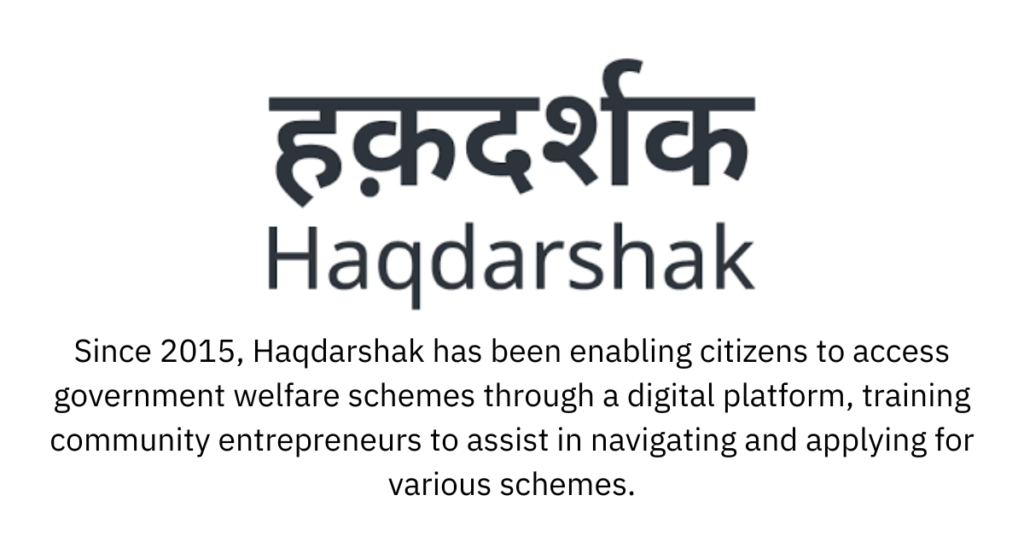
Haqdarshak helps citizens access government welfare schemes and services through a digital platform. It trains community entrepreneurs to assist people in navigating and applying for various schemes, promoting social welfare.
| ASPECT | DETAILS |
|---|---|
| Founded | 2015 |
| Headquarters | Pune |
| Services | Welfare scheme access, digital platform |
| Key Features | Community entrepreneurs, social welfare |
| Website | haqdarshak.com |
10. Aavishkaar
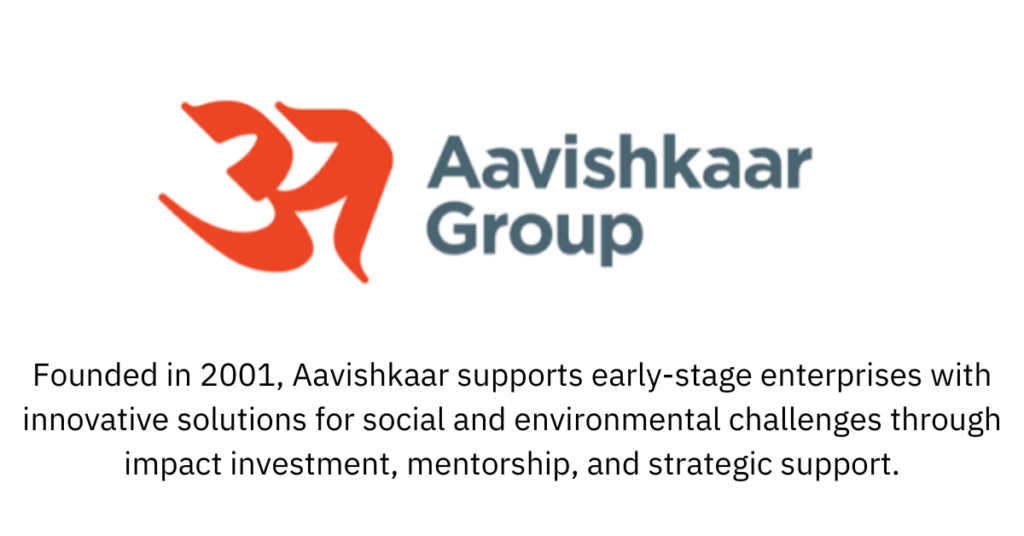
Aavishkaar is an impact investment firm that supports early-stage enterprises with innovative solutions for social and environmental challenges. It provides funding, mentorship, and strategic support to promote sustainable development.
| ASPECT | DETAILS |
|---|---|
| Founded | 2001 |
| Headquarters | Mumbai |
| Services | Impact investment, mentorship, strategic support |
| Key Features | Sustainable development, early-stage enterprises |
| Website | aavishkaar.in |
FAQs about Top 10 Social Impact Startups in India
- Q: What is a social impact startup?
A: A social impact startup is a business that aims to create positive social or environmental change while operating sustainably and often addressing issues such as poverty, education, healthcare, and sustainability. - Q: How do social impact startups differ from traditional businesses?
A: Social impact startups prioritize social and environmental goals alongside financial returns, often reinvesting profits into their mission to maximize positive impact. - Q: How can I support social impact startups?
A: You can support social impact startups by purchasing their products or services, investing in them, volunteering, or spreading awareness about their mission and impact. - Q: What are some common challenges faced by social impact startups?
A: Common challenges include securing funding, scaling operations, measuring impact, and balancing financial sustainability with social goals. - Q: How do social impact startups measure their success?
A: Success is measured through a combination of financial performance and social impact metrics, such as the number of beneficiaries, environmental benefits, and long-term community outcomes. - Q: Are social impact startups profitable?
A: Many social impact startups are profitable, but they often reinvest a significant portion of their profits into their mission to maximize impact. - Q: Can social impact startups scale their operations?
A: Yes, many social impact startups have scalable models and leverage technology, partnerships, and innovative approaches to expand their reach and impact. - Q: What sectors do social impact startups typically operate in?
A: Common sectors include education, healthcare, renewable energy, financial inclusion, waste management, and agriculture. - Q: How do social impact startups secure funding?
A: They secure funding through various channels, including impact investors, grants, crowdfunding, and traditional venture capital with a focus on social impact. - Q: What role do governments play in supporting social impact startups?
A: Governments can support social impact startups through policies, grants, subsidies, and creating an enabling environment for innovation and social entrepreneurship.
Conclusion
Social impact startups in India are playing a crucial role in addressing some of the country’s most pressing social and environmental challenges. By leveraging innovative solutions and sustainable business models, these startups are not only improving the lives of underserved communities but also promoting economic growth and development. From providing access to clean energy and quality education to empowering women and supporting small businesses, these startups exemplify the transformative power of social entrepreneurship. As they continue to scale and innovate, social impact startups will be instrumental in shaping a more inclusive and sustainable future for India
Last Updated on: Sunday, June 23, 2024 4:18 pm by Indian News Bulletin Team | Published by: Indian News Bulletin Team on Wednesday, June 19, 2024 10:40 am | News Categories: Business, Startup
